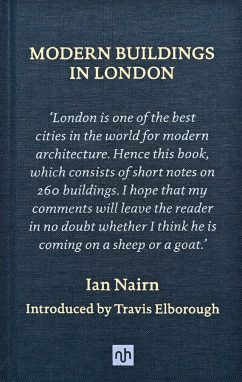
First published in 1964, Modern Buildings in London is a celebration of the city’s post-war architecture by the famously untrained critic Ian Nairn. Written ‘by a layman for laymen’, Nairn’s take on 260 buildings that were instantly recognisable as ‘modern’ includes descriptions of classic designs such as the Barbican, the former BBC Television Centre, as well as schools, ambulance stations, car parks and even care homes.
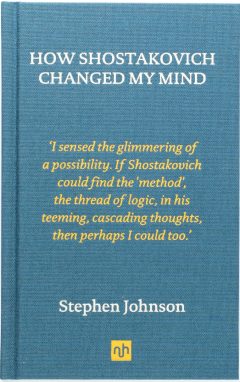
Winner of the 2021 Rubery Book Award. BBC music broadcaster Stephen Johnson (who has Bipolar Disorder himself) explores the power of Shostakovich’s music during Stalin’s reign of terror, and writes of the extraordinary healing effect of music on the mind for sufferers of mental illness.
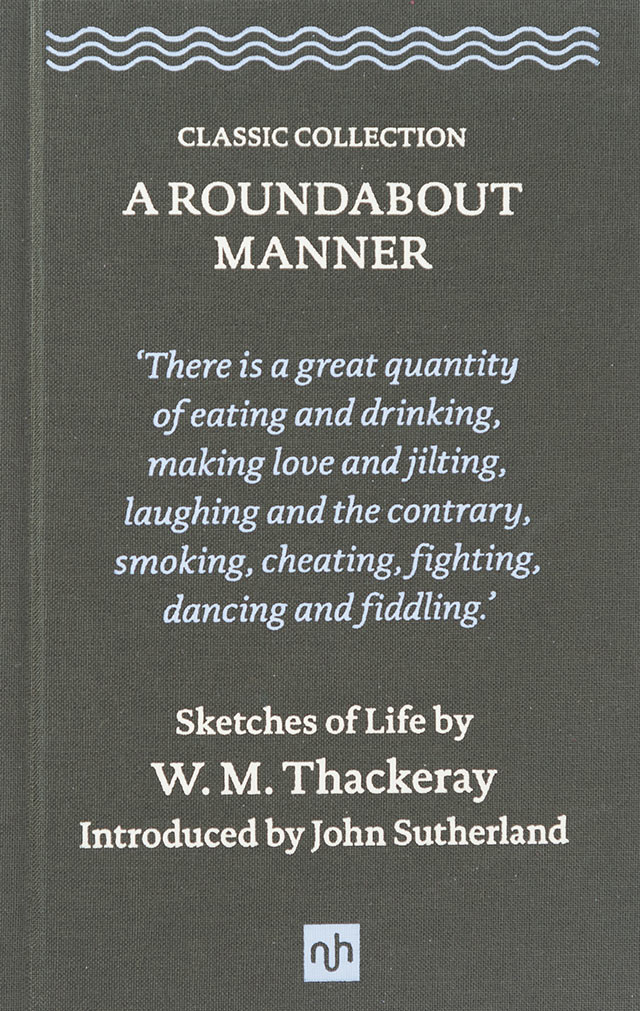
This is the first ‘sampler’ which covers all of Thackeray’s versatile genius: his cartoons, his journalism, his carefully restrained sentimentality (much to Victorian taste), his cutting satire, his essayism and what one could grandly call the Thackerayan world view.
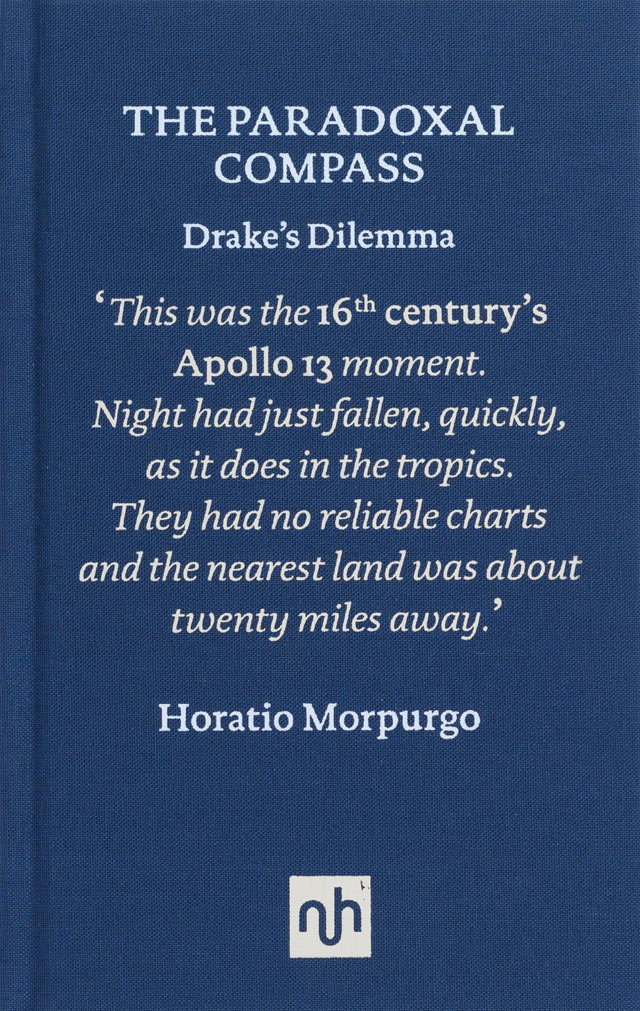
The Paradoxal Compass is both historical narrative and environmental manifesto. Morpurgo compares our own tipping point with the ‘great unsettling’ faced by the Elizabethans more than four centuries ago. As the modern world continues to plunder the ‘infinite store’ of the earth’s riches, Morpurgo explores how our abusive relationship with the natural world began. He asks what the Age of Discovery might have to teach us in the current environmental crisis, as we too reappraise our place in the world.
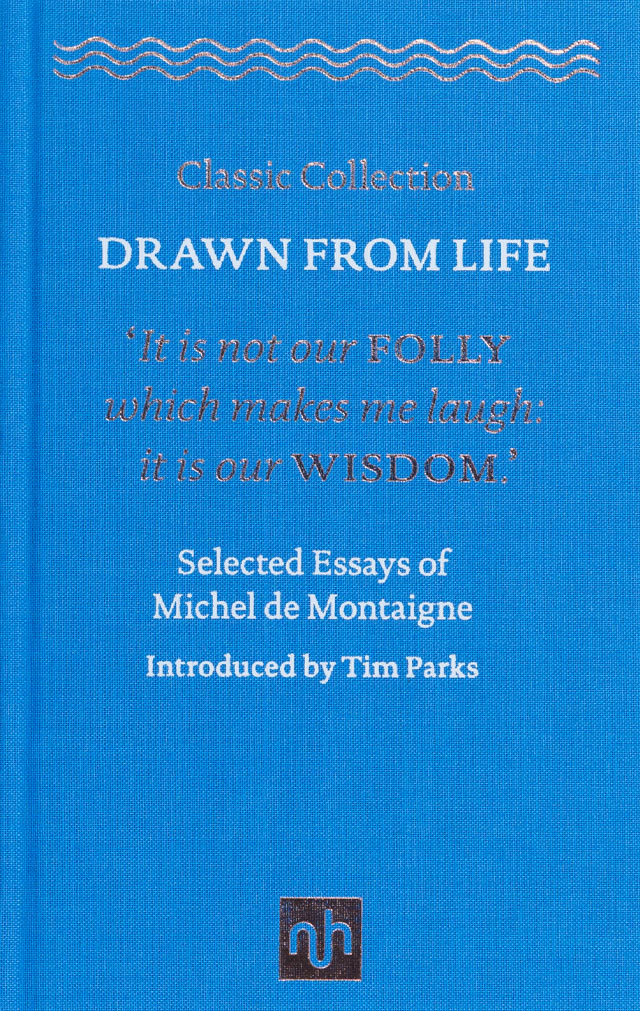
The essays of Michel Eyquem de Montaigne, the 16th-century French philosopher, are an obvious addition to the Notting Hill Editions ‘Classic Collection’ due to the masterful balance of intellectual knowledge and personal story-telling conveyed in his writing. He popularised the genre of the essay form, coining the term from the French verb ‘essayer’, translated literally as attempts or trials. This selection is introduced by Tim Parks and is from the M A Creech translation.
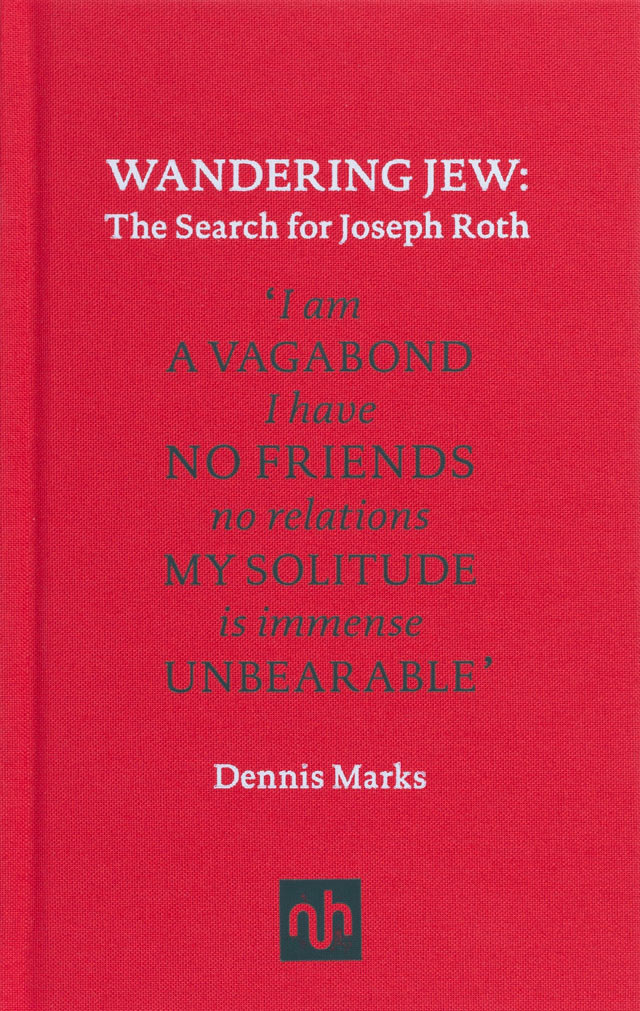
In this revealing ‘psycho-geography’, Dennis Marks makes a journey through the eastern borderlands of Europe to uncover the truth about Roth’s lost world. The result is a riveting and involving documentary that reunites Roth with his creative and spiritual landscape.